Act I
On the morning of their wedding, Figaro and Susanna (servants to the Count and Countess Almaviva) are getting ready to move into their new bedroom, adjacent to the Count's. Susanna fears that the Count will use this proximity to exercise his right as a feudal lord to initiate the new bride into the ways of lovemaking, an intention he has already communicated to Susanna via her music teacher, Don Basilio. Figaro vows to preserve Susanna’s virtue.
Marcellina and her former employer Doctor Bartolo arrive with a plan to stop Figaro’s wedding. Marcellina wants to marry Figaro herself and plans to do so by enforcing the terms of an unresolved contract for a loan she made to Figaro years earlier. Susanna shares a contentious exchange with her rival.
The young page Cherubino has been banished from the castle after the Count found him in a compromising position with Barbarina, the gardener’s daughter. The page is pleading with Susanna to intervene on his behalf when the Count pays a surprise visit. While Cherubino hides, Susanna refuses the Count’s propositions. When Don Basilio is heard approaching, the Count also hides until he overhears Basilio telling Susanna that Cherubino might be flirting with the Countess. In the midst of his tirade about Cherubino’s indiscretions, the Count inadvertently uncovers the page from his hiding place. The confusion is interrupted by the arrival of Figaro. The Count responds to the morning’s events by delaying the wedding until that evening and by sending the pageboy away to fill a position in his military regiment.
Act II
Susanna is relaying the morning’s events to the Countess when Figaro enters to explain his plan, a diversion that Figaro asserts will ensure that his wedding proceeds as planned. He has sent an anonymous letter to the Count warning that the Countess is planning a tryst with a lover. Additionally, Susanna is to agree to the Count’s proposition for an illicit encounter, but Figaro has arranged for Cherubino to be disguised as a girl and sent in Susanna’s stead. Susanna and the Countess dress Cherubino for the charade.
They are surprised by a knock on the door from the Count. Cherubino hides, locking himself in the closet. The jealous Count, angered by the anonymous letter, threatens to break into the closet, but when he and a reluctant Countess leave momentarily to obtain the necessary tools, Susanna takes Cherubino’s place in the closet. The page escapes, jumping out of the window. The Count and Countess return, and Susanna emerges from the closet. The Count begs forgiveness but defends his suspicions with the anonymous letter. The women admit the letter was fabricated by Figaro.
Figaro enters and denies knowing anything about the letter. Then Antonio, the gardener arrives, outraged that someone has jumped from the window into his flowers. As Susanna and the Countess discredit Antonio for being a drunkard, Figaro claims that it was he himself who jumped. With the Count’s suspicions renewed and confusion mounting, Marcellina arrives along with her cohorts and makes her claim for Figaro to either repay his debt to her or marry her.
Intermission
Act III
Susanna and the Countess have created a new plan in which Susanna is to promise to meet the Count, but instead the Countess will go in disguise and reveal the Count’s infidelities. Susanna arranges the supposed rendezvous, but her efforts are nearly ruined when the Count overhears an exchange between her and Figaro. Don Curzio, the judge, oversees the trial between Marcellina and Figaro. Figaro claims that he cannot marry her because he requires his parents’ permission, and being an orphan, that is not possible. Figaro’s story of being kidnapped as an infant sounds familiar to Marcellina, and a birthmark on Figaro’s arm confirms that he is Marcellina’s long-lost son, the result of her affair with Doctor Bartolo. The proud parents embrace their son and their future daughter-in-law, and a double wedding is planned.
Meanwhile, Susanna and the Countess write a letter to the Count confirming the tryst that evening. They seal the letter with a pin. Barbarina and the village girls enter to bring flowers to the Countess. The Count and Antonio interrupt to reveal Cherubino dressed as a girl hiding amongst the crowd. Barbarina intercedes and convinces the Count to forgive Cherubino. Having found the page at last, the Count uses the opportunity to try to force Figaro into admitting what really happened in the Countess’s bedroom earlier in the day. The villagers begin the wedding procession. Before completing the ceremony, Susanna slips the Count the note sealed with the pin.
Act IV
Figaro and Marcellina happen upon Barbarina in the garden searching for the pin she was meant to return to Susanna as confirmation of the tryst. Barbarina naively reveals her mission, and an enraged Figaro swears revenge for what he believes is his bride’s unfaithfulness. Figaro engages Bartolo and Basilio as witnesses and hides himself in order to catch Susanna with the Count. Marcellina returns with the Countess and Susanna, warning them that Figaro is hiding nearby. Marcellina hides, and Susanna and the Countess exchange clothes. Susanna hides, and the Countess, dressed as Susanna, awaits the Count’s arrival. Instead, Cherubino comes. Finding the supposed Susanna, he propositions her until the Count interrupts. Cherubino hides. The Count makes advances towards “Susanna” until Figaro intercedes. The Count flees and the Countess hides. Susanna, still pretending to be the Countess, steps forward, and Figaro recognizes his wife’s voice. The plot becomes apparent to him, but he plays along for a moment, until Susanna reveals her true identity, and both are reconciled.
Figaro and Susanna (still dressed as the Countess) stage a love scene for the Count’s benefit. The jealous Count calls for help, and one by one, everyone is extracted from hiding. The Count points to the woman he believes has betrayed him, but the real Countess steps forward, removing her disguise and unveiling the entire charade. The Count, overcome with guilt, is forgiven by the Countess. All couples are happily restored, and go off to enjoy the wedding festivities.
The play is set at the castle of Aguas Frescas, three leagues from Seville.
Act I
The play begins in a room in the Count's castle—the bedroom to be shared by Figaro and Suzanne after their wedding, which is set to occur later that day. Suzanne reveals to Figaro her suspicion that the Count gave them this particular room because it is so close to his own, and that the Count has been pressing her to begin an affair with him. Figaro at once goes to work trying to find a solution to this problem. Then Dr. Bartholo and Marceline pass through, discussing a lawsuit they are to file against Figaro, who owes Marceline a good deal of money and has promised to marry her if he fails to repay the sum; his marriage to Suzanne will potentially void the contract. Bartholo relishes the news that Rosine is unhappy in her marriage, and they discuss the expectation that the Count will take Figaro's side in the lawsuit if Suzanne should submit to his advances. Marceline herself is in love with Figaro, and hopes to discourage Suzanne from this.
After a brief confrontation between Marceline and Suzanne, a young pageboy named Chérubin comes to tell Suzanne that he has been dismissed for being caught hiding in the bedroom of Fanchette. The conversation is interrupted by the entrance of the Count, and since Suzanne and Chérubin do not want to be caught alone in a bedroom together, Chérubin hides behind an armchair. When the Count enters, he propositions Suzanne (who continues to refuse to sleep with him). They are then interrupted by Bazile's entrance. Again, not wanting to be found in a bedroom with Suzanne, the Count hides behind the armchair. Chérubin is forced to throw himself on top of the armchair so the Count will not find him, and Suzanne covers him with a dress so Bazile cannot see him. Bazile stands in the doorway and begins to tell Suzanne all the latest gossip. When he mentions a rumour that there is a relationship between the Countess and Chérubin, the Count becomes outraged and stands up, revealing himself. The Count justifies his firing Chérubin to Bazile and the horrified Suzanne (now worried that Bazile will believe that she and the Count are having an affair). The Count re-enacts finding Chérubin behind the door in Fanchette's room by lifting the dress covering Chérubin, accidentally uncovering Chérubin's hiding spot for the second time. The Count is afraid that Chérubin will reveal the earlier conversation in which he was propositioning Suzanne, and so decides to send him away at once as a soldier. Figaro then enters with the Countess, who is still oblivious to her husband's plans. A troupe of wedding guests enters with him, intending to begin the wedding ceremony immediately. The Count is able to persuade them to hold it back a few more hours, giving himself more time to enact his plans.
Act II
The scene is the Countess's bedroom. Suzanne has just broken the news of the Count's action to the Countess, who is distraught. Figaro enters and tells them that he has set in motion a new plan to distract the Count from his intentions toward Suzanne by starting a false rumour that the Countess is having an affair and that her lover will appear at the wedding; this, he hopes, will motivate the Count to let the wedding go ahead. Suzanne and the Countess have doubts about the effectiveness of the plot; they decide to tell the Count that Suzanne has agreed to his proposal, and then to embarrass him by sending out Chérubin dressed in Suzanne's gown to meet him. They stop Chérubin from leaving and begin to dress him, but just when Suzanne steps out of the room, the Count comes in. Chérubin hides, half dressed, in the adjoining dressing room while the Count grows increasingly suspicious, especially after having just heard Figaro's rumour of the Countess's affair. He leaves to get tools to break open the dressing room door, giving Chérubin enough time to escape through the window and Suzanne time to take his place in the dressing room; when the Count opens the door, it appears that Suzanne was inside there all along. Just when it seems he calms down, the gardener Antonio runs in screaming that a half-dressed man just jumped from the Countess's window. The Count's fears are settled again once Figaro takes credit to being the jumper, claiming that he started the rumour of the Countess having an affair as a prank and that while he was waiting for Suzanne he became frightened of the Count's wrath, jumping out the window in terror. Just then Marceline, Bartholo and the judge Brid'oison come to inform Figaro that his trial is starting.
Act III
Figaro and the Count exchange a few words, until Suzanne, at the insistence of the Countess, goes to the Count and tells him that she has decided that she will begin an affair with him, and asks he meet her after the wedding. The Countess has actually promised to appear at the assignation in Suzanne's place. The Count is glad to hear that Suzanne has seemingly decided to go along with his advances, but his mood sours again once he hears her talking to Figaro and saying it was only done so they might win the case.
Court is then held, and after a few minor cases, Figaro's trial occurs. Much is made of the fact that Figaro has no middle or last name, and he explains that it is because he was kidnapped as a baby and doesn't know his real name. The Count rules in Marceline's favour, effectively forcing Figaro to marry her, when Marceline suddenly recognizes a birthmark (or scar or tattoo; the text is unclear) in the shape of a spatule (lobster) on Figaro's arm—he is her son, and Dr. Bartholo is his father. Just then Suzanne runs in with enough money to repay Marceline, given to her by the Countess. At this, the Count storms off in outrage.
Figaro is thrilled to have rediscovered his parents, but Suzanne's uncle, Antonio, insists that Suzanne cannot marry Figaro now, because he is illegitimate. Marceline and Bartholo are persuaded to marry in order to correct this problem.
Act IV
Figaro and Suzanne talk before the wedding, and Figaro tells Suzanne that if the Count still thinks she is going to meet him in the garden later, she should just let him stand there waiting all night. Suzanne promises, but the Countess grows upset when she hears this news, thinking that Suzanne is in the Count's pocket and is wishing she had kept their rendezvous a secret. As she leaves, Suzanne falls to her knees, and agrees to go through with the plan to trick the Count. Together they write a note to him entitled "A New Song on the Breeze" (a reference to the Countess's old habit of communicating with the Count through sheet music dropped from her window), which tells him that she will meet him under the chestnut trees. The Countess lends Suzanne a pin from her dress to seal the letter, but as she does so, the ribbon from Chérubin falls out of the top of her dress. At that moment, Fanchette enters with Chérubin disguised as a girl, a shepherdess, and girls from the town to give the Countess flowers. As thanks, the Countess kisses Chérubin on the forehead. Antonio and the Count enter—Antonio knows Chérubin is disguised because they dressed him at his daughter's (Fanchette's) house. The Countess admits to hiding Chérubin in her room earlier and the Count is about to punish him. Fanchette suddenly admits that she and the Count have been having an affair, and that, since he has promised he will give her anything she desires, he must not punish Chérubin but give him to her as a husband. Later, the wedding is interrupted by Bazile, who had wished to marry Marceline himself; but once he learns that Figaro is her son he is so horrified that he abandons his plans. Later, Figaro witnesses the Count opening the letter from Suzanne, but thinks nothing of it. After the ceremony, he notices Fanchette looking upset, and discovers that the cause is her having lost the pin that was used to seal the letter, which the Count had told her to give back to Suzanne. Figaro nearly faints at the news, believing Suzanne's secret communication means that she has been unfaithful and, restraining tears, he announces to Marceline that he is going to seek vengeance on both the Count and Suzanne.
Act V
In the castle gardens beneath a grove of chestnut trees, Figaro has called together a group of men and instructs them to call together everyone they can find: he intends to have them all walk in on the Count and Suzanne in flagrante delicto, humiliating the pair and also ensuring ease of obtaining a divorce. After a tirade against the aristocracy and the unhappy state of his life, Figaro hides nearby. The Countess and Suzanne then enter, each dressed in the other's clothes. They are aware that Figaro is watching, and Suzanne is upset that her husband would doubt her so much as to think she would ever really be unfaithful to him. Soon afterward the Count comes, and the disguised Countess goes off with him. Figaro is outraged, and goes to the woman he thinks is the Countess to complain; he realises that he is talking to his own wife Suzanne, who scolds him for his lack of confidence in her. Figaro agrees that he was being stupid, and they are quickly reconciled. Just then the Count comes out and sees what he thinks is his own wife kissing Figaro, and races to stop the scene. At this point, all the people who had been instructed to come on Figaro's orders arrive, and the real Countess reveals herself. The Count falls to his knees and begs her for forgiveness, which she grants. After all other loose ends are tied up, the cast breaks into song before the curtain falls.
Figaro's speech
One of the defining moments of the play—and Louis XVI's particular objection to the piece—is Figaro's long monologue in the fifth act, directly challenging the Count:
No, my lord Count, you shan't have her... you shall not have her! Just because you are a great nobleman, you think you are a great genius—Nobility, fortune, rank, position! How proud they make a man feel! What have you done to deserve such advantages? Put yourself to the trouble of being born—nothing more. For the rest—a very ordinary man! Whereas I, lost among the obscure crowd, have had to deploy more knowledge, more calculation and skill merely to survive than has sufficed to rule all the provinces of Spain for a century!
[...]
I throw myself full-force into the theatre. Alas, I might as well have put a stone round my neck! I fudge up a play about the manners of the Seraglio; a Spanish author, I imagined, could attack Mahomet without scruple; but immediately some envoy from goodness-knows-where complains that some of my lines offend the Sublime Porte, Persia, some part or other of the East Indies, the whole of Egypt, the kingdoms of Cyrenaica, Tripoli, Tunis, Algiers and Morocco. Behold my comedy scuppered to please a set of Mohammedan princes—not one of whom I believe can read—who habitually beat a tattoo on our shoulders to the tune of "Down with the Christian dogs!" Unable to break my spirit, they decided to take it out on my body. My cheeks grew hollowed: my time was out. I saw in the distance the approach of the fell sergeant, his quill stuck into his wig.
[...]
I'd tell him that stupidities acquire importance only in so far as their circulation is restricted, that unless there is liberty to criticize, praise has no value, and that only trivial minds are apprehensive of trivial scribbling


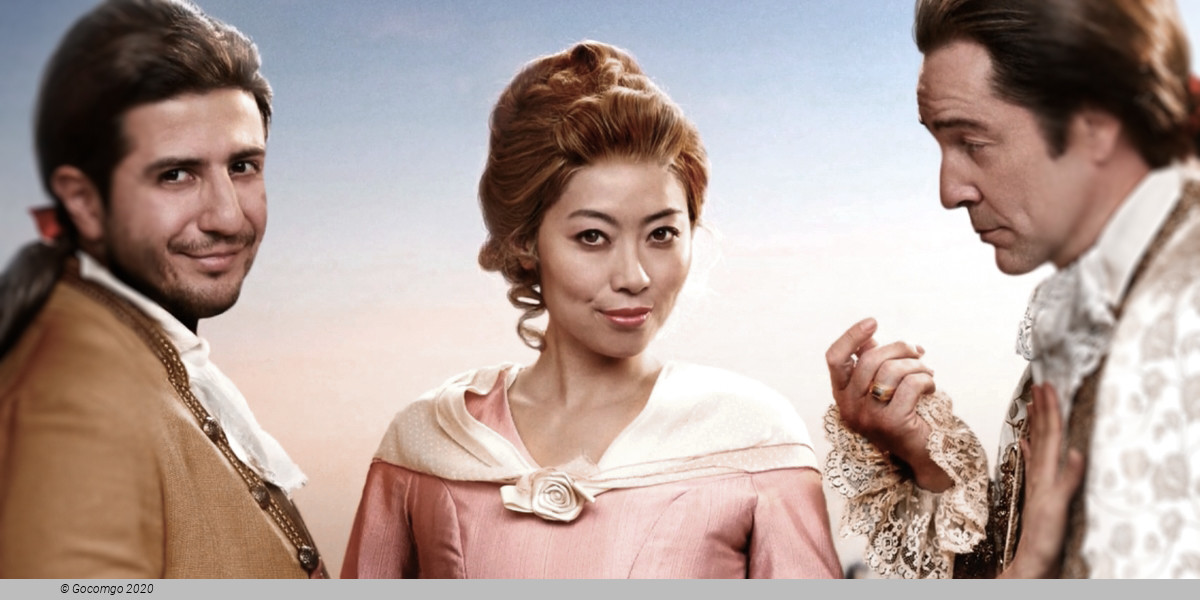
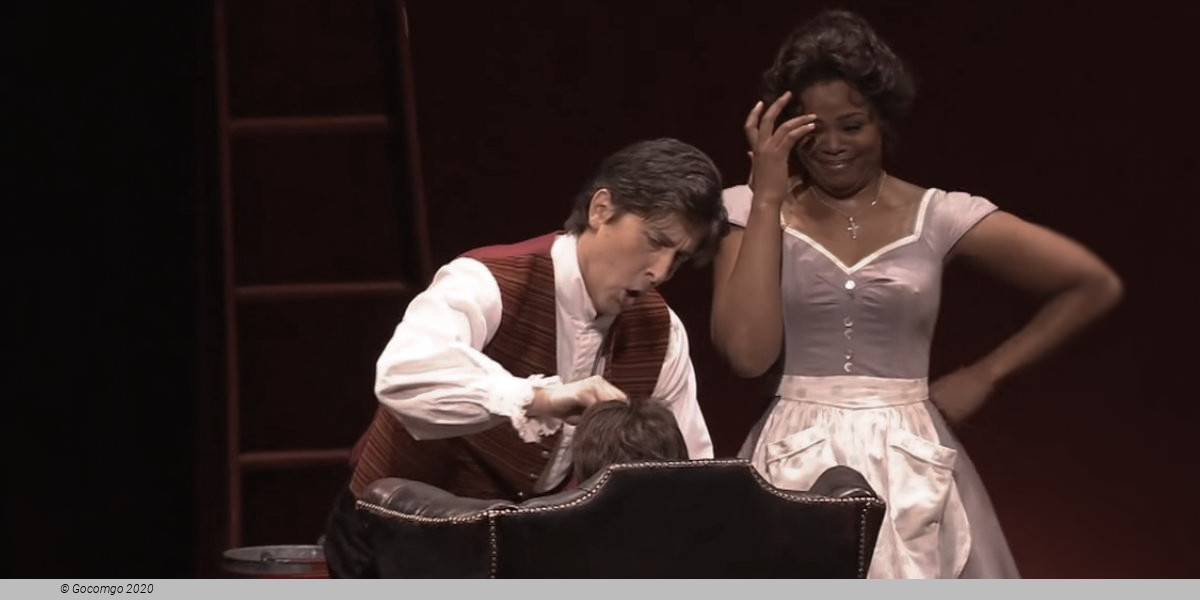
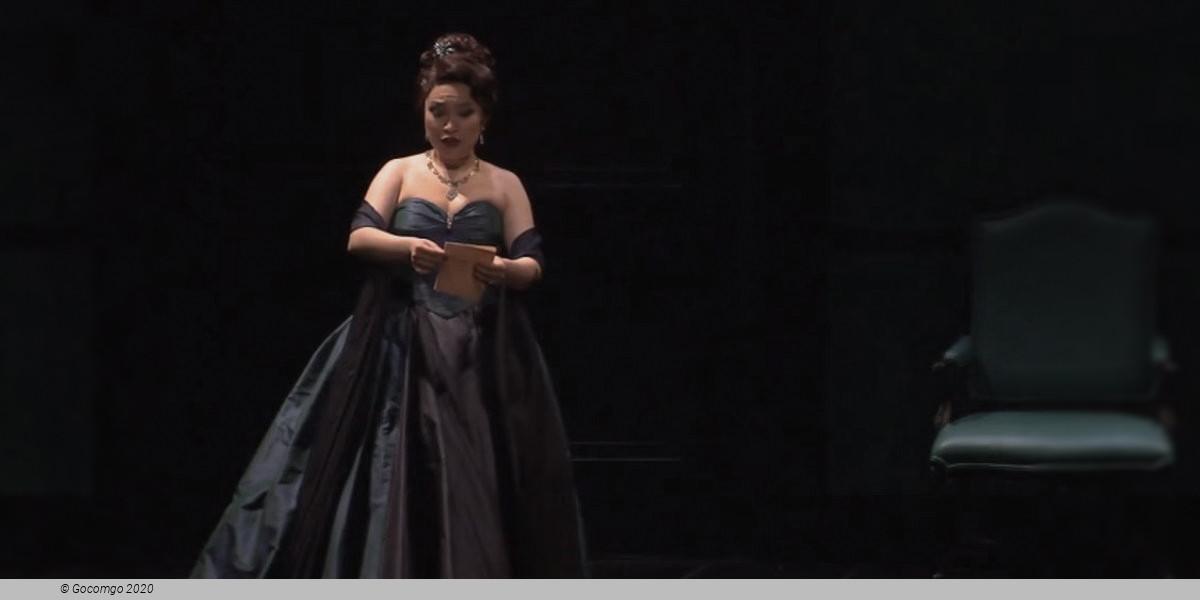
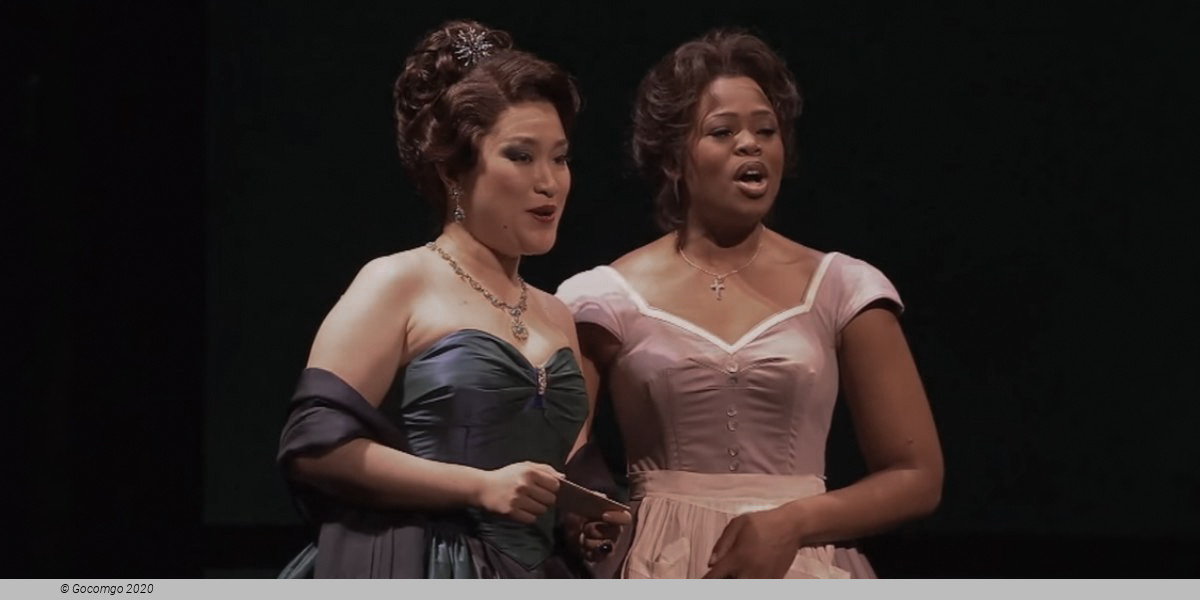
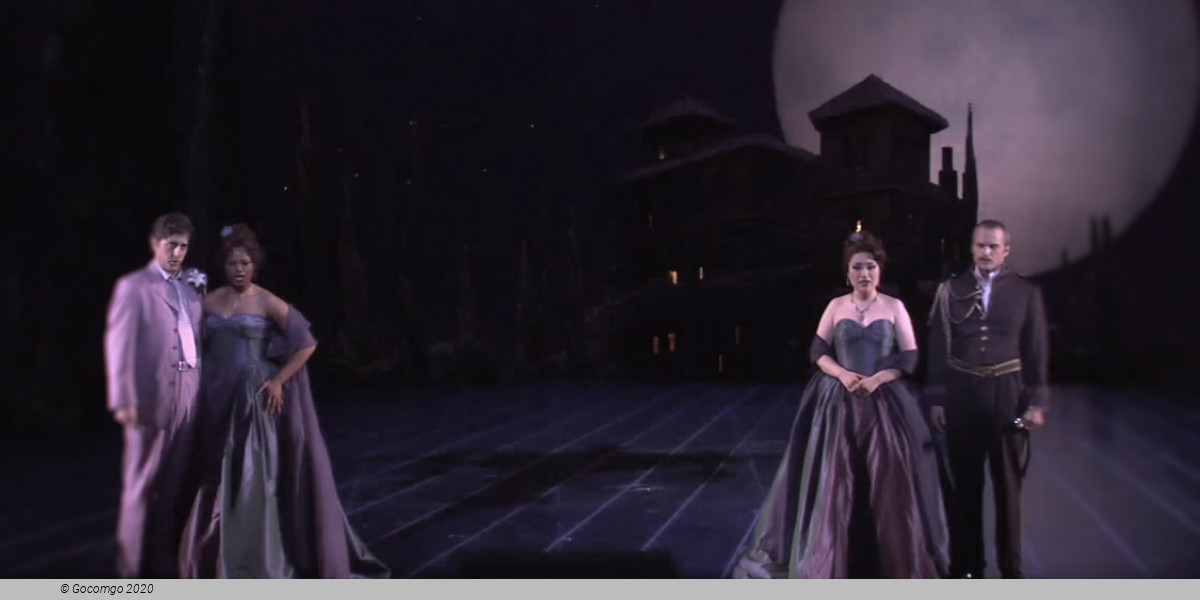
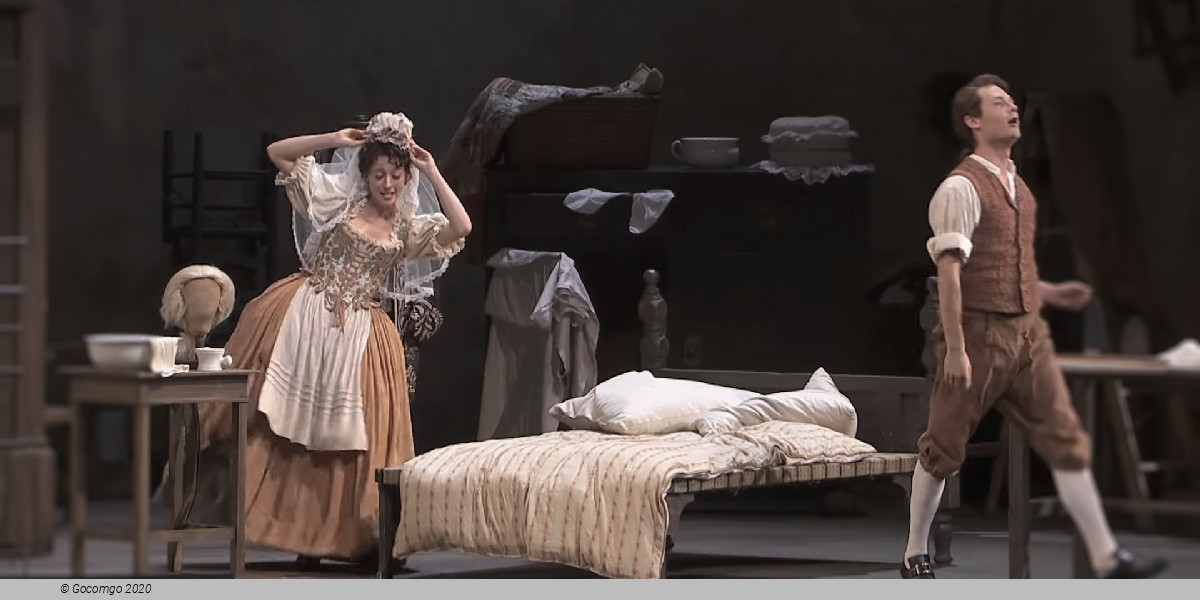
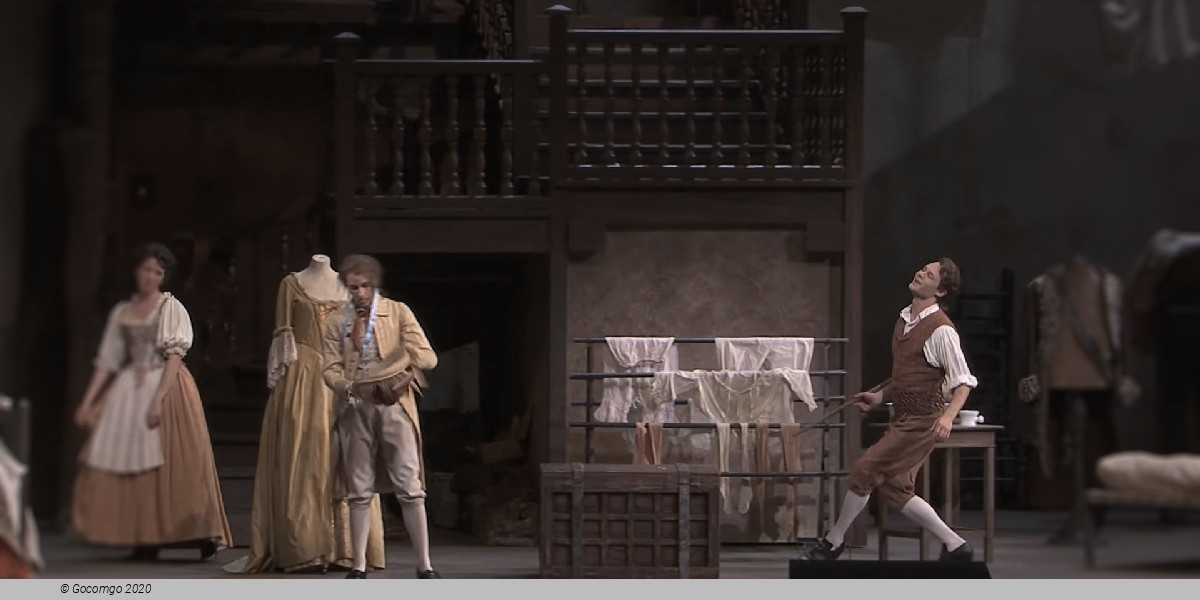
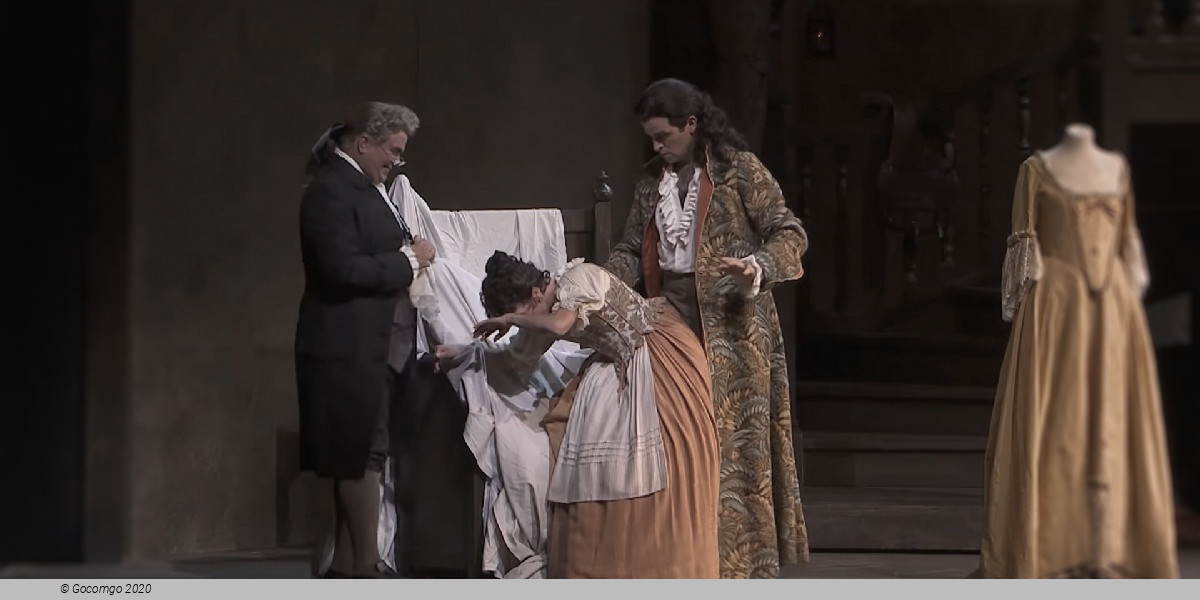
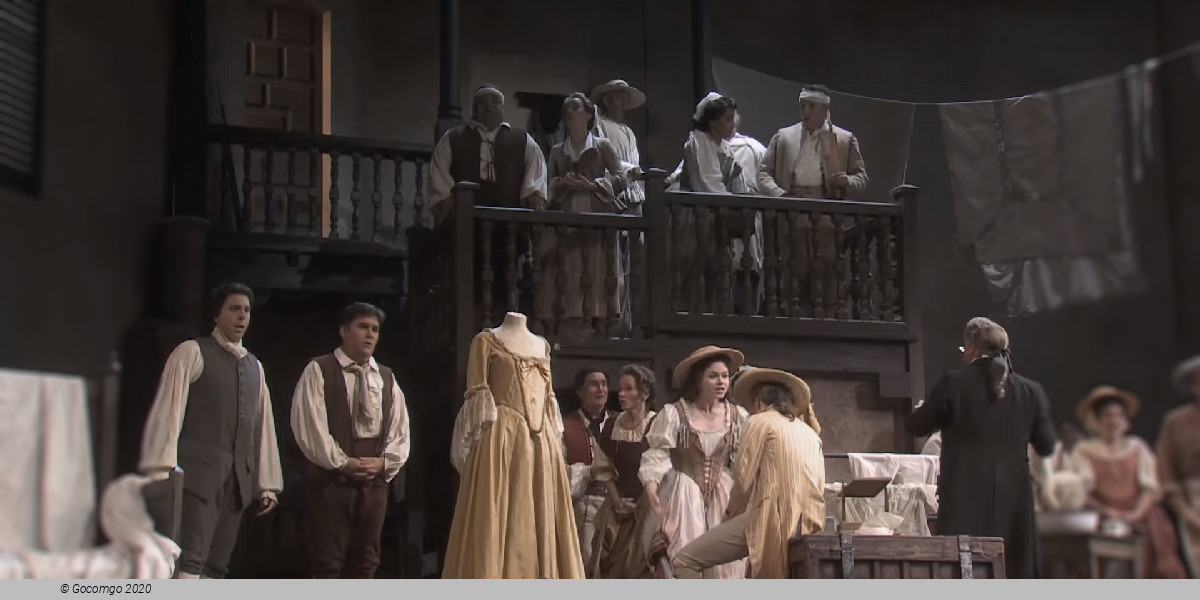
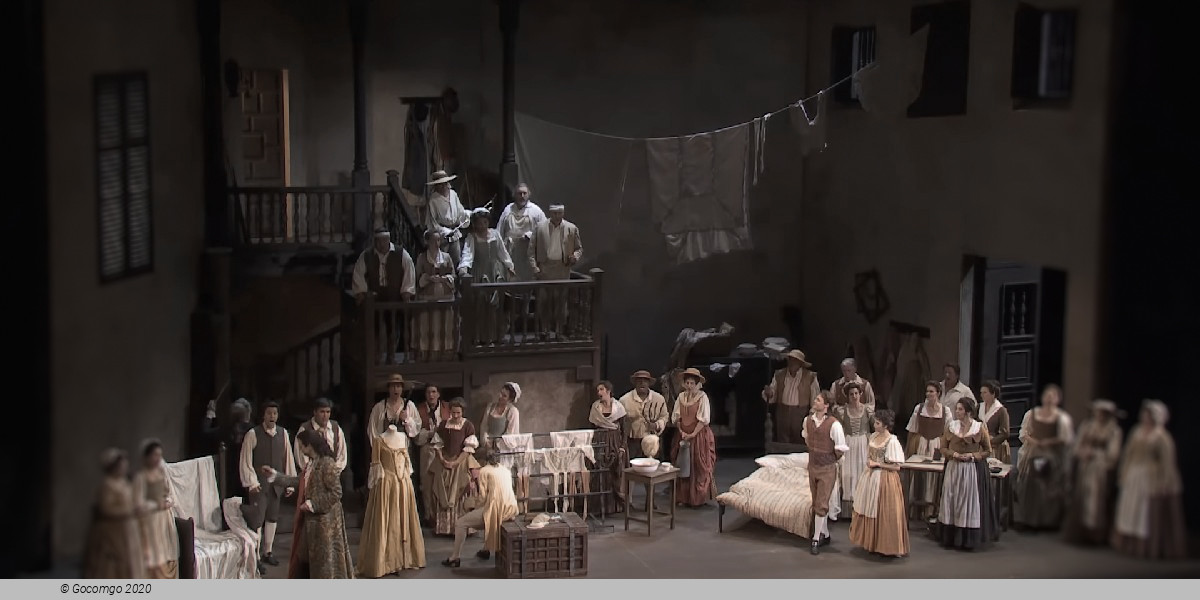
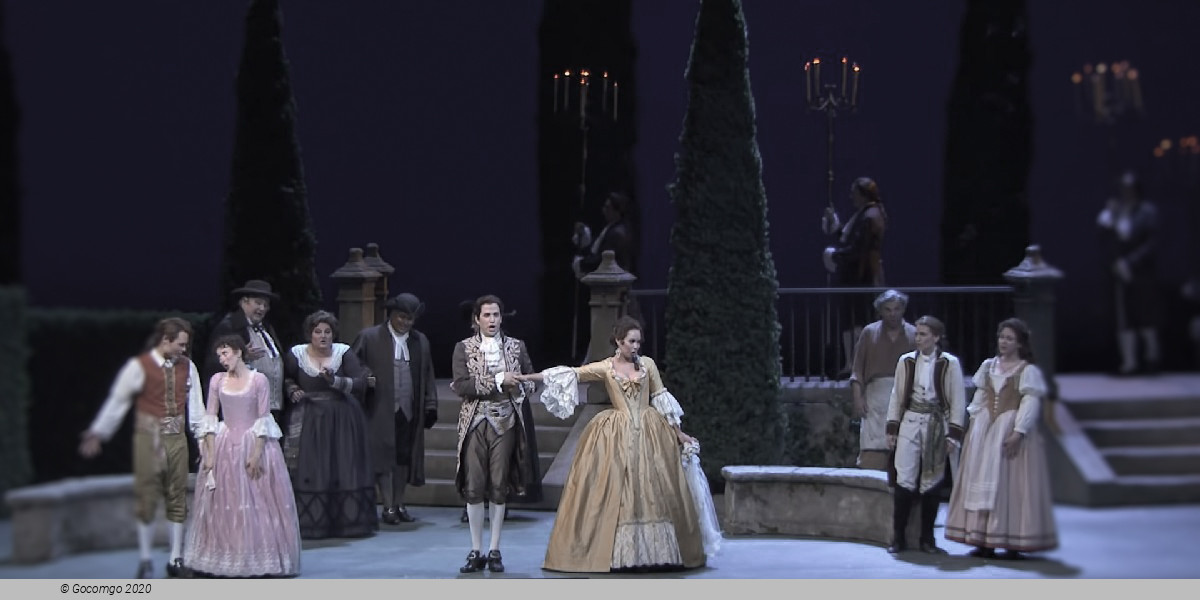
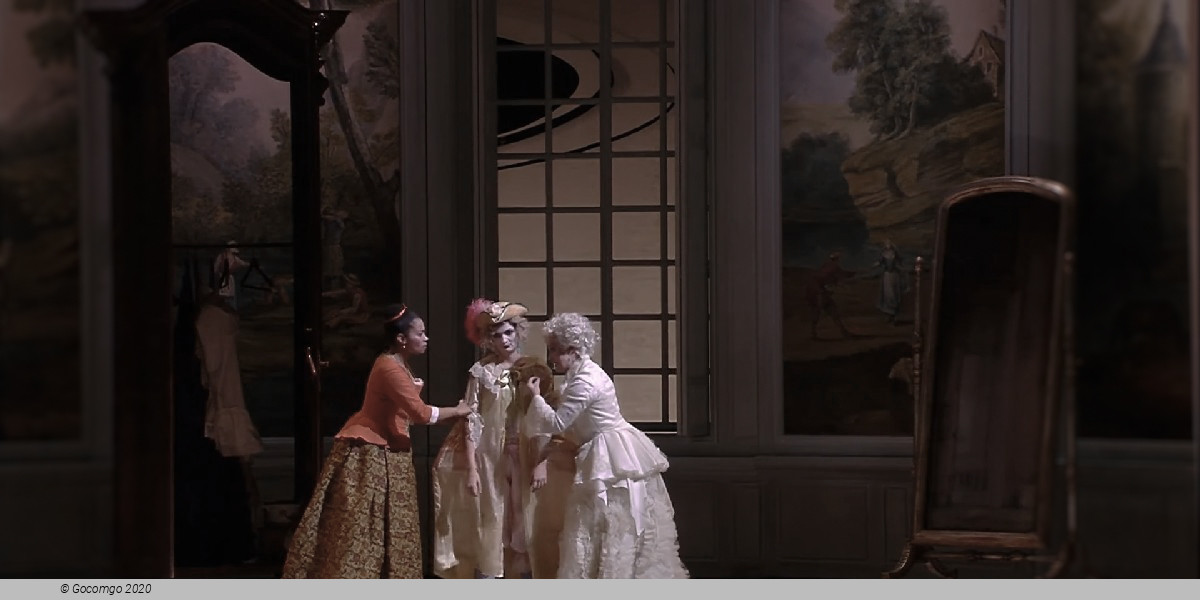
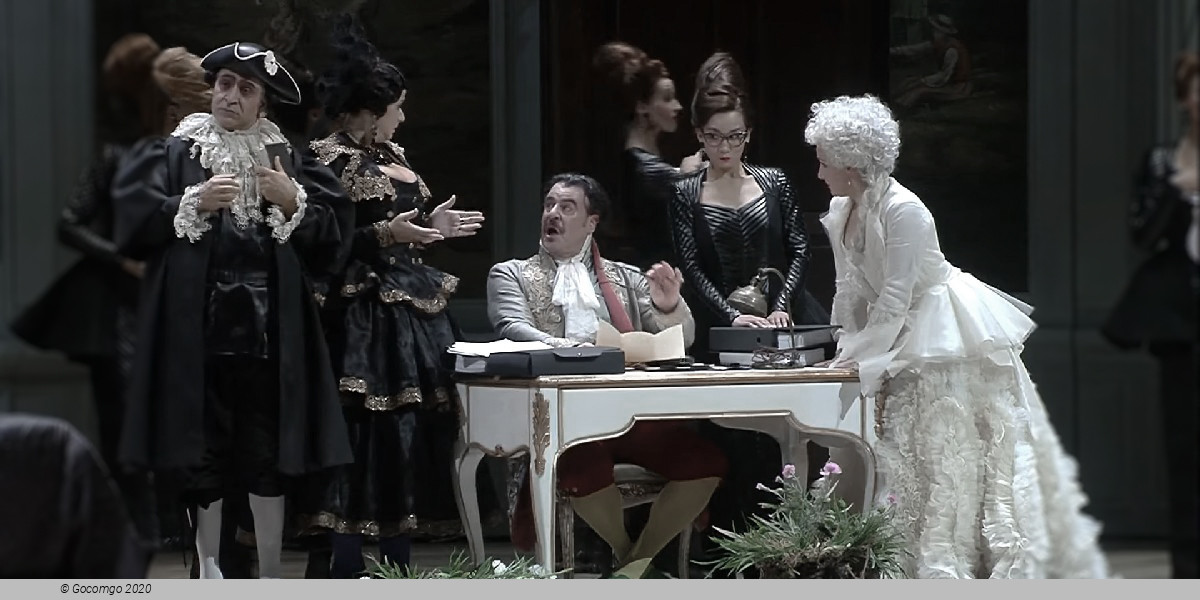
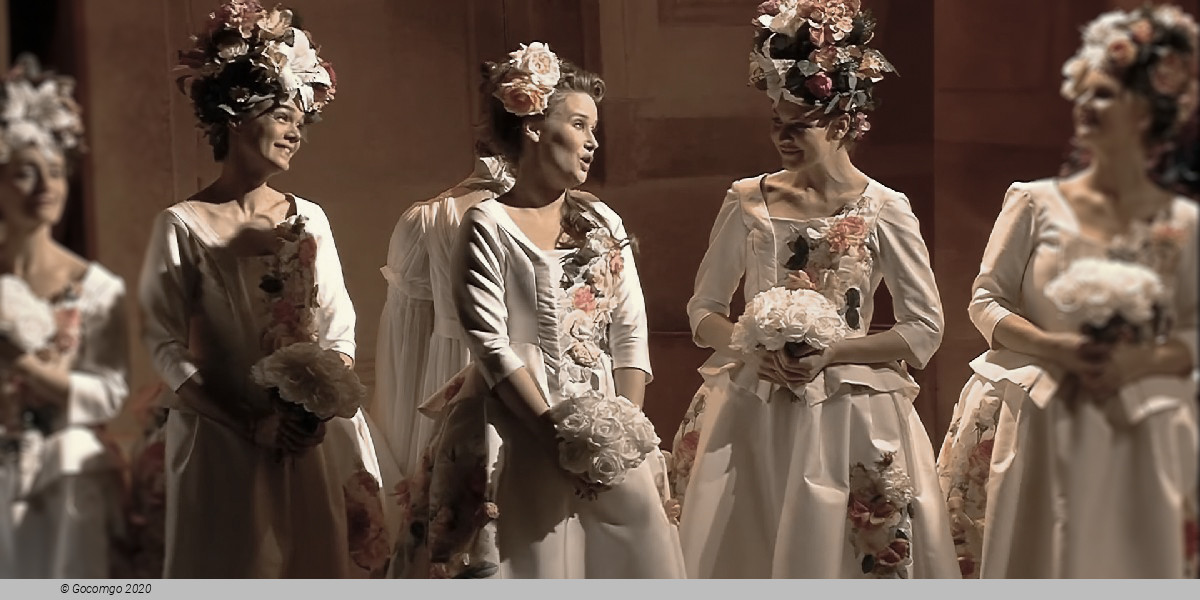
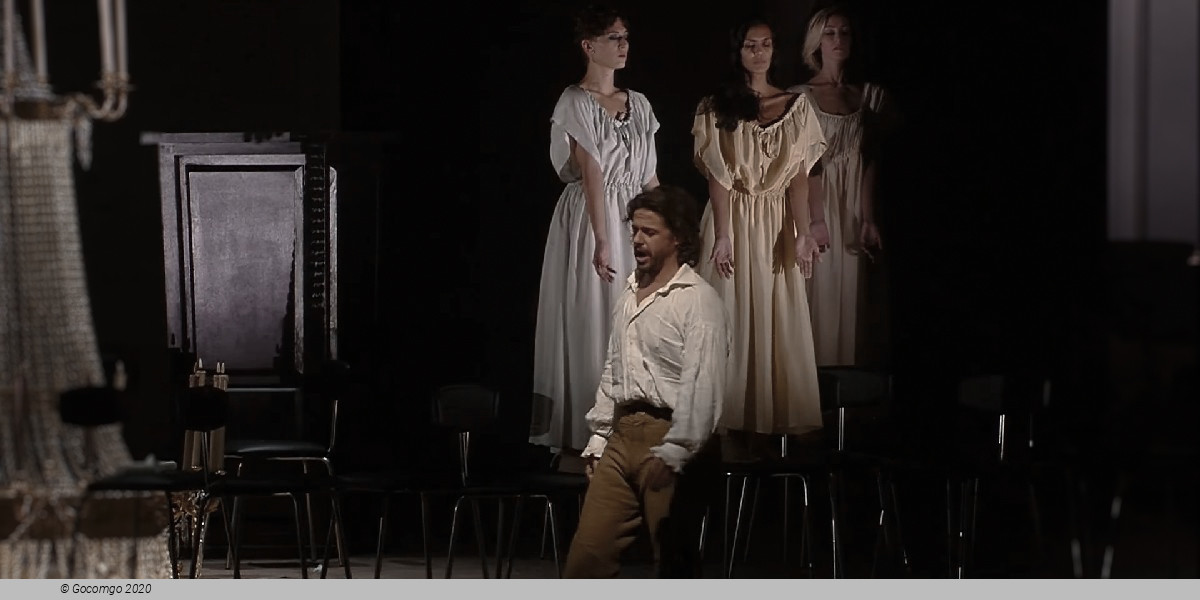
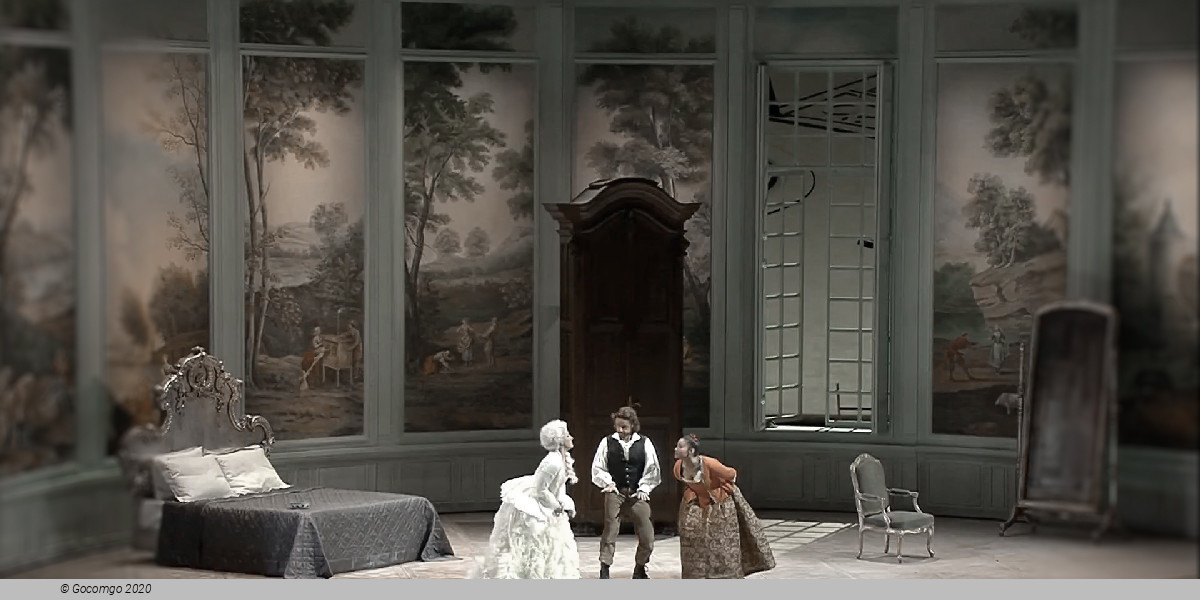
 135 N. Grand Avenue, 90012
135 N. Grand Avenue, 90012